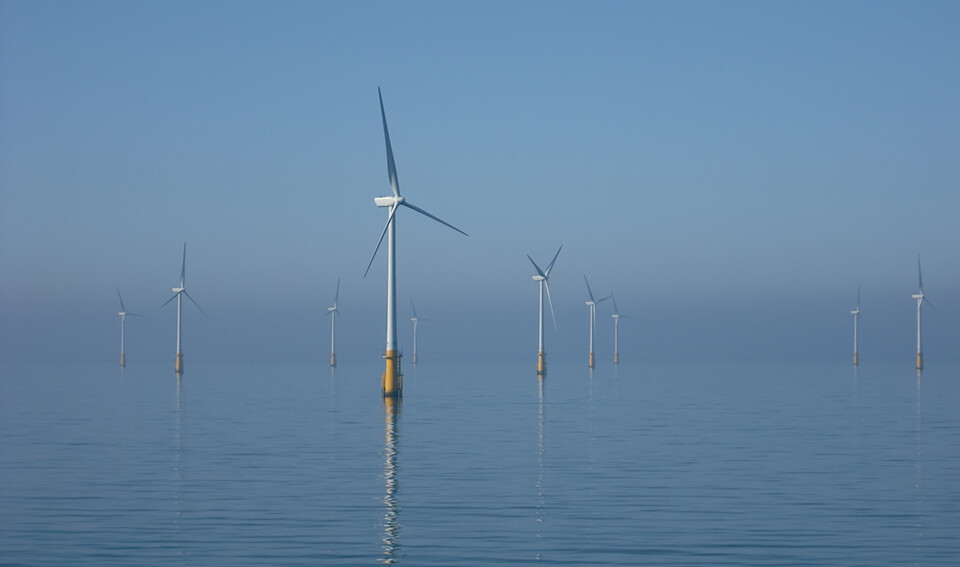Southern Oregon Floating Offshore Wind Project Faces Legal Action by Local Tribes

UPDATE: News Of Oregon Offshore Wind Auction Cancellation Welcomed
Two auction areas totaling nearly 195,000 acres off Coos Bay and Brookings were recently announced by the Bureau of Ocean Energy Management (BOEM) for a floating offshore wind project.
Now, a lawsuit has been filed by Southern Oregon Coos, Siuslaw, and Lower Umpqua Tribes, in which the federal government is accused of not considering the cultural, economic, or environmental impacts of the project.
The Tribes are calling for a thorough environmental impact study on the effect of the wind project on the Oregon coastline.
See also: 2 Wind Energy Sites Off Southern Oregon Coast Up For Auction Come October
Tribes Hope to Delay the Sale of Leases by Auction
The Tribes hope to delay a lease auction sale scheduled for October 15 by filing a lawsuit against the federal government. They claim that the U.S. Department of Interior’s Bureau of Ocean Energy Management (BOEM) has failed to take the impacts of the proposed floating offshore wind project into consideration.
Tribal Council Chair Brad Kneaper says BOEM left them no alternative but to resort to legal action after failing to collaborate with tribespeople on suitable sites to develop wind energy.
They also contend that BOEM violated the National Environmental Policy Act (NEPA) when failing to consider future wind energy development impacts or alternatives to exclude significant habitat areas.
Furthermore, the lawsuit claims that the BOEM made the auction lease sale decision before complying with legal obligations to protect cultural resources as stipulated in the National Historic Preservation Act.
See also: 2.4 GW Offshore Wind Energy Project Opposed In Brookings
Tribes Concerned About Impact on Fragile Marine Environment
In his statement, Kneaper says no one has an understanding of how wind development will impact a fragile marine environment, and accuses BOEM of turning a blind eye to inevitable impacts on coastal resources, Tribes, and other residents.
Tribes, residents, and Oregon Governor Tina Kotek have requested more information about the cultural, economic, and environmental impacts of floating offshore wind from the federal agency for more than a year. In a symbolic move against the federal government, residents of Coos and Curry counties will vote on whether to oppose the project.
Tribes have been calling for more information on the impact of floating offshore wind development since 2020. Kneaper says the Tribes have submitted comments to BOEM, as well as requesting a delay in the sale until further information is made available. Kneaper says the lawsuit is a result of these failed efforts.
See also: Appeal To Oregon Governor To Pause Coastal Wind Project By Seafood Industry
Tribes Are Not Opposed to the Project and Have Been Calling for an Environmental Impact Study
The Tribes are not opposed to floating offshore wind energy per se, but rather to BOEM’s ‘turning a blind eye’ by failing to investigate environmental impacts, says Tribe attorney Rick Eichstaedt.
He says the project must be ‘in the right place’ and understand the impacts ‘with the right mitigation,’ something that cannot occur once leases have been granted.
The Tribes only pursued the lawsuit after notifying BOEM and the governor’s office that they were willing to retract legal action if the lease sale next month is delayed and if BOEM agrees to commit to a wind energy environmental impact study.
Eichstaedt says BOEM did not engage in ‘meaningful consultation’ with the tribes, despite their concerns. However, BOEM says that issuing leases for the wind project will have ‘no significant impacts on the people or the environment.’
Furthermore, BOEM has pointed out that once leases are granted, developers will have five years to submit proposals for an offshore wind energy project. The proposals will then undergo an environmental review before final approval is given. Boem says the review could take at least four years before the project can be finalized.
Neither BOEM nor the governor’s office have issued comment on the lawsuit.
